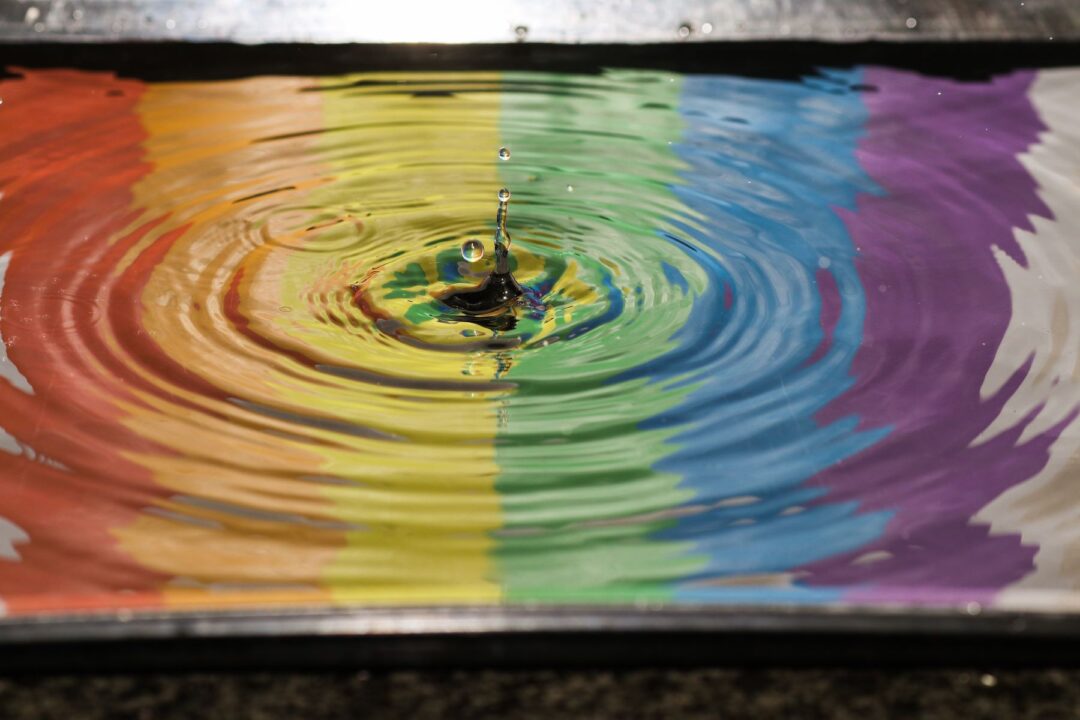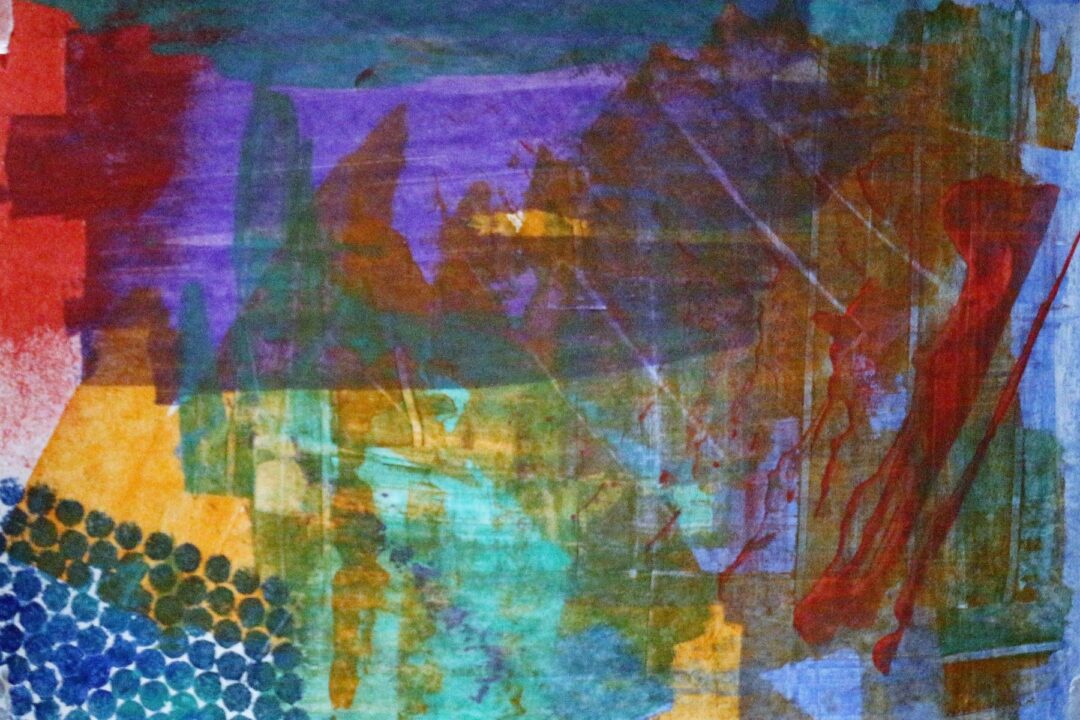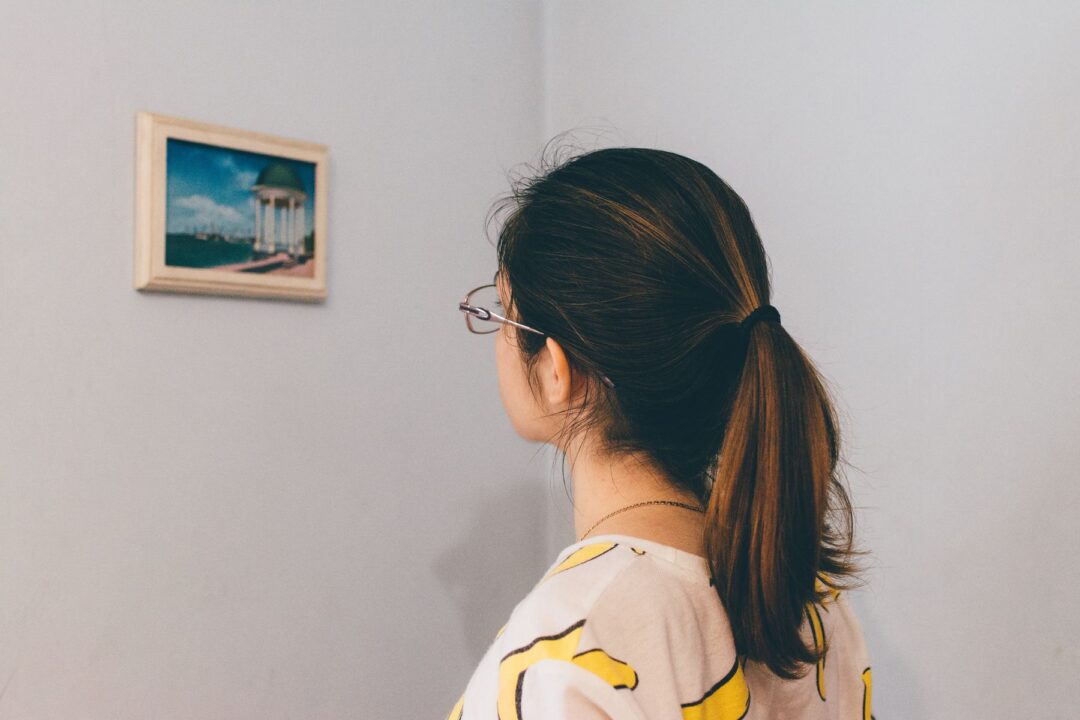Insights into inspirational arts practice in schools: Case Studies from the City of London Family of Schools

Arts and Creativity as a Family of Schools and as a Cultural Education Partnership
The City of London Family of Schools is comprised of 14 schools for which the City of London Corporation is the sponsor, proprietor or local education authority. The 14 schools include academies with above average levels of pupil premiumAdditional funding for publicly funded schools in England to raise the attainment of disadvantaged pupils of all abilities, independent schools, and a Church of England voluntary-aided maintained school. As a Family, all schools are committed to developing partnerships, sharing best practice, learning from each other, and becoming more effective through collaboration.
The Family of Schools drives excellence through the combined effect of establishing responsible behaviour for learning and the delivery of high-quality cultural and creative learning through an arts-rich curriculum. To represent the significance placed on arts and creativity, all schools have co-created and lead the strategic delivery of the City of London’s Cultural and Creative Learning Strategy. The Strategy is focused on:
- ensuring that all pupils have access to high-quality cultural learning experiences
- ensuring that all pupils are empowered to realise their full potential in and through the arts
- ensuring that there are accessible opportunities for all pupils, including pupils with special education needs and disabilities (SEND), disadvantaged pupils and pupils who speak English as an additional language
- harnessing the power of cultural and creative learning to develop pupils’ Fusion Skills – those thought to be required for success in the 21st century employment market
- ensuring that work-related learning includes exposure to a range of cultural and creative industries and professionals.
To lead the delivery of the Cultural and Creative Learning Strategy, the Family of Schools has established a Cultural and Creative Learning Forum which is comprised of one staff representative and one governor representative from each of the Family of Schools. The Forum acts as a meeting point between the Family of Schools and Culture Mile Learning. Culture Mile Learning is a partnership of 26 cultural organisations across London with a commitment to enabling social mobility, supporting the development of Fusion Skills through cultural learning, and creating a world-class learning destination in the City of London and surrounding areas. This signals the close working relationship which exists between the schools, cultural institutions and wider partnerships with businesses and exposure to the world of work.
The establishment of a Cultural and Creative Learning Forum to lead the delivery of a Cultural and Creative Learning Strategy which is owned by governors, school teachers and cultural partners in a cultural-education partnership, allows all partners to:
- share information about upcoming opportunities and events to encourage access and participation
- share examples of effective approaches to teaching, learning and curriculum design
- develop a shared approach to evaluating the impact of cultural and creative learning delivered in schools and in cultural organisations
- develop a collaborative continuing professional development (CPD) programme, both for arts teachers, and for non-arts teachers for using arts and creativity to boost learning and develop skills
- promote cultural and creative learning nationally and internationally, influencing the field and sharing best practice.
The collaborative opportunities provided by being a part of Family of Schools and a cultural-education partnership have yielded effective cultural learning experiences for pupils. This is exemplified in the following vignette showing collaborative planning and implementation between the City of London School for Girls and the Museum of London.
The Museum of London Music Day grew out of a desire to enhance the amount of creative music-making that was taking place in Year 7 at City of London School for Girls. By taking the whole year group on a trip to the Museum of London, it ensured every girl had visited the museum, had explored a new exhibition in detail – through object handling, meeting a curator and discussions – and subsequently were able to use this experience to create new music with a musician. The project has now reached its fourth year and includes pupils from the wider network of schools in the Family of Schools.
The following sections present case studies of how the outcomes of the Cultural and Creative Learning Strategy are being delivered through schools within the City of London Family of Schools.
Arts and creativity in primary education
Galleywall Primary, City of London Academy
- Early Years to Key Stage 1
- 169 pupils on roll
- 43.6% pupil premium
- Southwark, London
At Galleywall, we have a strong commitment to cultural learning, learning in the arts, and a creative curriculum. We recognised that pupils’ knowledge of poetry, visual art and performance skills were areas for development. To address this, we partnered with the Barbican to take part in their Barbican Box project, which brings together schools and artists. Following a programme of CPDL for teachers, the school then received a box from the Barbican which contained a range of items. The box was put together by the poet and author Michael Rosen who filled it with objects and trinkets from memories of his life. The objects in the box were the inspiration for opening conversations with pupils in Year 2 about their own lives, including their families, their sense of identity and their heritage. Pupils talked about family memories, and memories from their families including what brought them to Bermondsey.
The box continued to be the inspiration for poetry and art in the curriculum. The pupils used the poetry of Michael Rosen, together with the objects from his life and poetry in the box, as inspiration for creating their own poetry. Through this process, pupils could see themselves as poets, using inspiration from their own lives, heritage and memories to go on a poetic journey and produce poetry themselves. Pupils then had the opportunity to perform their poems on stage at the Barbican, enabling them to experience performing in a professional-quality venue, and experiencing the links between objects, art, poetry and performance. Pupils also performed their poems in the school and to parents, sharing their stories and journeys with loved ones and the community.
Building on the inspiration of the box and the process of being inspired by a poet, we then partnered with a professional artist to develop pupils’ skills in art and design through the same lens of personal identity, journey and memory. Pupils were asked to bring in photographs of themselves and their families which were then enlarged on bigger canvases by the artist. During workshops in the school, pupils worked with the artist to change the tones of the canvas and overpaint the photographs to turn their memories and sense of identity into their own artwork. The artist then supported us to create a collective installation piece in the shape of a bird, which we called “The Wishing Bird”. Some of the poetry was included in the installation, linking together the box, the poetic journeys, and the artwork.
Through this project, partnering with the Barbican, and working with professional poets and artists, pupils had the chance to write and perform poetry and contribute to an art installation. Pupils could also develop a sense of pride in their work and were able to see themselves as poets and artists, creating art through reflecting on their lives, identities, memories and families. Pupils also had the chance to reflect on their sense of place and heritage, seeing themselves as part of a wider community.
For other schools looking to enhance their teaching of poetry and art, we would recommend partnering with professional artists and poets and working with local arts and cultural venues such as the Barbican. We found that the teachers who participated in the project gained confidence in being able to work on similar projects again, and learnt from the artists to be adventurous and to try things that were out-of-the-box. Other schools could try a similar approach by exploring pupils’ heritage, families and memories as a starting point for creativity; enabling pupils to create from their own sense of who they are.
Sheila Cohring is Headteacher at Galleywall Primary School, City of London Academy
Arts and creativity in primary education
Redriff Primary, City of London Academy
- Academy
- Early Years to Key Stage 2
- 513 pupils on roll
- 32.7% pupil premium
- Southwark, London
At Redriff Primary School, the staff have been reviewing the curriculum and making sure it is relevant to the children of today and the world they will inhabit in the future. It has been central to this review that the children see themselves as global citizens, are knowledgeable about the world and are equipped with the skills they need to be active in shaping their world. We strive to develop children to have creative, enquiring minds, and to be critical thinkers who can communicate eloquently and confidently. In the new curriculum, we have interwoven oracy across all subjects and settings and are working with partners such as Voice21, Behaviour Matters, DebateMate, P4C and Dramatic Progress in Literacy. These partnerships challenge teachers to promote pupils to talk in purposeful and meaningful ways and embed oracy across the curriculum.
To deliver this new approach to the curriculum, in 2018/19 we created the fusion topic ‘Fairtrade Fashion’ in Key Stage 2 which looked at the environmental sustainability of the fashion industry and the ethics of fashion work environments. The pupils debated moral questions such as ‘fashion retailers are not to blame for the effect of fast fashion on the environment’ and were able to express and justify their opinions and develop their oral communication skills.
To incorporate the development of creative arts skills into the curriculum topic, the pupils upcycled clothes and displayed these in a school fashion show. The project also supported pupils to think about how upcycling can be promoted by governments, encouraging independent and critical thinking.
Redriff is situated in a unique part of London which is continually undergoing change from the former Surrey Docks. It is a vibrant community and each year we lead a celebration of the area during our Dockland Week. In the most recent Dockland Week, we focused on the plight of the Docker and brought The Dockers Strike of 1889 on unfair pay conditions to the forefront, marching, chanting and singing as a school, working alongside shanty musicians Pete Truin and Anna Cornish. The project used music and singing through collaborations with professional musicians to bring to life an aspect of the community’s history.
At Redriff, it is important that all our children see they have a voice which is heard. This learning was reflected in the local community a few weeks later with a march for ‘reclaiming the woodlands’ from a rise in knife crime in the area. We want all our children to have a strong sense of belonging and to feel empowered to change the world for the better.
Joanna James is Deputy Headteacher at Redriff Primary School, City of London Academy
Arts and creativity in secondary education
City of London School for Girls
- Independent day school for girls
- Key stage 3 to sixth form
- C.750 pupils
- City of London
The school is in the heart of the Barbican and the City of London, and as such the school community reaches out and embraces the opportunities available in the local area. The music department was keen to enhance the composing curriculum by working with living composers, allowing them to model more authentically, and in more detail, the practices of working composers, and enhance the quality of composing.
Since 2015, the music department regularly invited composers to work with students during one-off workshops. These worked well but the process needed to be over a longer period if we were to genuinely enhance the quality of the composing curriculum in partnership with a composer.
We created two different opportunities for students to engage with a living composer over a sustained period. For Years 10 and 11 we extended our Visiting Postgraduate Scheme, whereby a postgraduate student from Guildhall School of Music and Drama works in the music department for a term, to include composers, and appointed a PhD composer to provide tutorials. These took place in normal lesson times. For years 12 and 13 we had a composer visit six times over the year, culminating in a live performance of the students’ compositions. We were keen to experiment with the two options: one weekly in shorter bursts, the other less often but with longer sessions.
The weekly and more regular approach worked well for Years 10 and 11. They valued their short tutorials and they enjoyed hearing from an experienced composer. The group sessions on generating ideas and developing material were useful, and these helped to build rapport with the composer and students. Years 12 and 13 were enthused by the seemingly quirky sessions with the composer. Some sessions involved painting, and this injection of a very different type of working liberated their creativity. The students were also producing far more ambitious work, and the composer was able to challenge their ideas and help them to focus on the reality of the performance at the end of the year. Cost is a factor in working with composers and this is something that needs careful negotiation. But we recommend considering how you can make a composer a regular companion to the composing work students produce rather than just through one-off workshops. It is great to hear students talking about their composing now they have been inspired by the practices of working composers.
Steven Berryman is Director of Music at City of London School for Girls
For more information on the City of London Family of Schools, the Cultural and Creative Learning Strategy, or any of the case studies presented in this article, please contact:
Daniel McGrady
Lead Policy Officer (Education, Culture and Skills)
City of London Corporation
E: Daniel.McGrady@cityoflondon.gov.uk
T: 0207 332 1864
This article was published in September 2019 and reflects the terminology and understanding of research and evidence in use at the time. Some terms and conclusions may no longer align with current standards. We encourage readers to approach the content with an understanding of this context.










